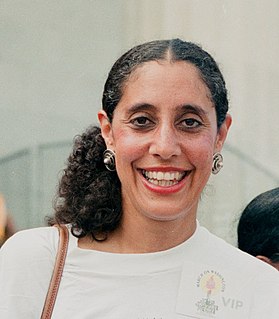A Quote by Peter Drucker
To succeed in this new world, we will have to learn, first, who we are. Few people, even highly successful people, can answer the questions, Do you know what you're good at? Do you know what you need to learn so that you get the full benefit of your strengths? Few have even asked themselves these questions.
Related Quotes
What is bad? What is good? What should one love, what hate? Why live, and what am I? What is lie,what is death? What power rules over everything?" he asked himself. And there was no answer to any of these questions except one, which was not logical and was not at all an answer to these questions. This answer was: "You will die--and everything will end. You will die and learn everything--or stop asking.
In this box are all the words I know… Most of them you will never need, some you will use constantly, but with them you may ask all the questions which have never been answered and answer all the questions which have never been asked. All the great books of the past and all the ones yet to come are made with these words. With them there is no obstacle you cannot overcome. All you must learn to do is use them well and in the right places.
It is quite common to meet people that live a few kilometers away from Mexico and that have never been there. We need to revive on many levels an illustrious desire to get to know the world, to learn another language, to understand and create empathy with people that live a few kilometers away from us. It's never late to do this.
The answer to a lot of your life's questions is often in someone else's face. People's faces will tell you amazing things. Like if they are angry, or nauseous, or asleepTry to keep your mind open to possibilities and your mouth closed on matters that you don't know about. Limit your 'always' and your 'nevers.' Continue to share your heart with people even if it has been broken.
Like all Xhosa children, I acquired knowledge mainly through observation. We were meant to learn through imitation and emulation, not through questions. When I first visited the homes of whites, I was often dumbfounded by the number and nature of questions that children asked of their parents-and their parents' unfailing willingness to answer them. In my household, questions were considered a nuisance; adults imparted information as they considered necessary.
All I did was collect a few of the questions I've been asked through the years, write up a brief response and put them in this publication. As a pastor, you get asked questions and receive emails. Many of them I had answered, but just in conversation. So we kind of re-crafted the question and answered it. It turned out to be an interesting exercise. I hope it's encouraging for people.
Distinguish open-minded people from closed-minded people. Open-minded people seek to learn by asking questions; they realize that what they know is little in relation to what there is to know and recognize that they might be wrong. Closed-minded people always tell you what they know, even if they know hardly anything about the subject being discussed. They are typically made uncomfortable by being around those who know a lot more about a subject, unlike open-minded people who are thrilled by such company.



































